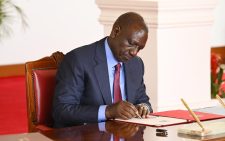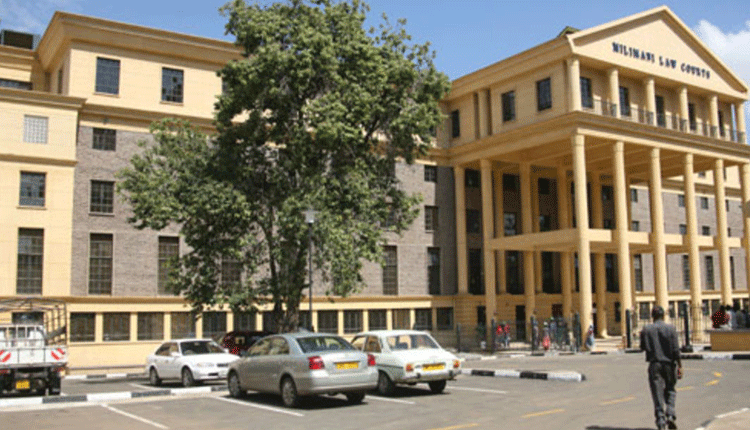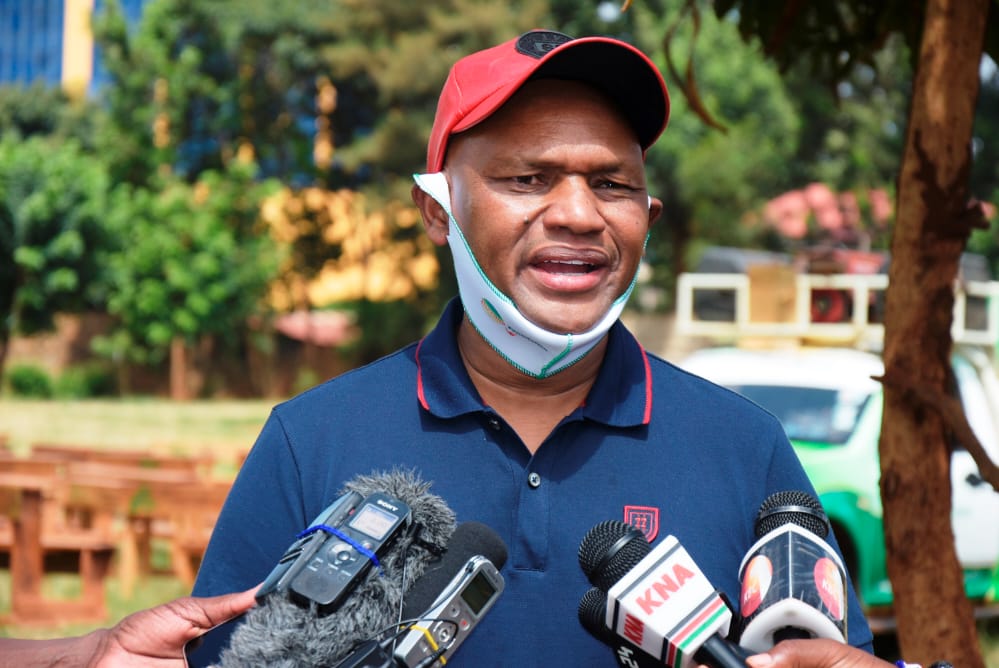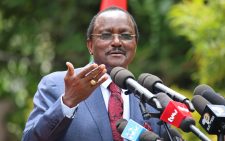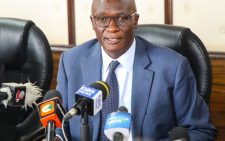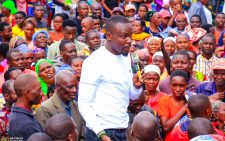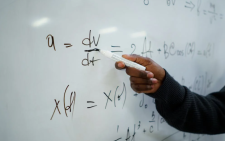State should protect women land rights defenders
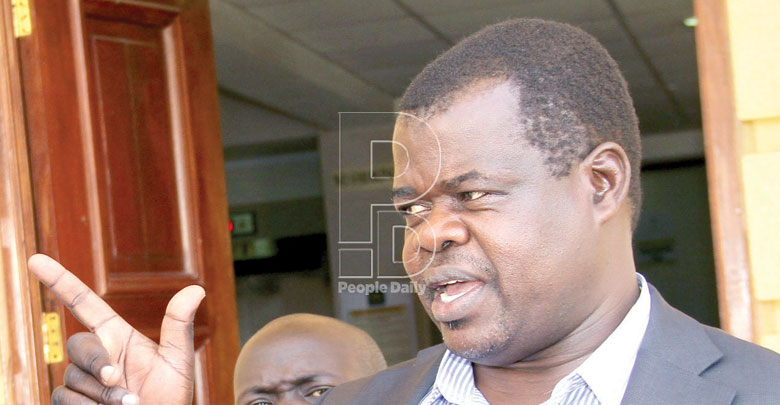
By Faith Mutuku
Fifteen years since the first International Women Human Rights Defenders (WHRDs)Day was celebrated in 2006, Women human rights defenders are still not safe, listened to and recognised.
A lot needs to be done to recognise and protect the rights of WHRDs. Human rights defenders specialising on land are pushing back against land grabbing, which negatively impacts the economy, social & cultural rights and the climate.
In addition, destruction of the environment forces evictions, causing loss of land and property.
In their duty to defend the land, women not only face violations similar to those their male counterparts face, but they are also exposed to violations unique to their identity as women, especially those shaped by entrenched gender stereotypes.
Furthermore, they are often perceived as challenging traditional notions of family and gender roles in society.
As we confront violations of WHRDS on land, we have to learn to tackle discrimination and dismantle unequal power relations in all spheres.
We need solutions that bring transformational change and healing to address the structural and systemic causes of the conflicts.
Access to justice needs to be strengthened and investigations for cases of violence against WHRDs accelerated.
In most cases, violations against WHRDs on land are under-reported, undocumented, taken less seriously and not adequately addressed.
Some of the perpetrators of violence tend to have strong economic and political allies, and sadly, some are institutions and people meant to be the protectors.
Failing to investigate and prosecute violence against WHRDs contributes to the impunity of perpetrators and can lead to mord human rights abuses.
The Alternative Justice Systems policy launched recently by the Judiciary needs to be fully implemented.
It marks the official formalisation and integration of the traditional, informal and other resolving disputes in our justice system.
We need to expand the space for dialogue between organizational WHRDs, representatives of land rights defenders and the duty bearers to put pressure on the government to protect defenders and ensure an enabling environment.
The State needs to declare its support of human rights defenders. It needs to realise that human rights defenders complement what it does and are positive tools in a democratic country.
Defenders must not work in isolation because an isolated human rights defender is vulnerable. Cooperation among human rights defenders is necessary to protect them and promote their work.
Moreover, WHRDs need to understand the risks involved in their work and have a proactive mindset to ensure they pre-empt the risks and take decisive action when the risks/threats become a reality.
I urge the WHRDS to continue believing in themselves and what they do. They need to prioritize dialogue, regardless of whom the other party is.
The State and other non-state actors, including donors, need to come and support them with more tools, knowledge and information regarding the mechanisms which exist to protect their rights.
Support mechanisms such as psycho-social wellness programmes, integrated security, and self-care training need to be strengthened and established where they don’t exist to help WHRDs suffering from pressures at multiple levels.
— The writer is a Gender Specialist, We Effect
